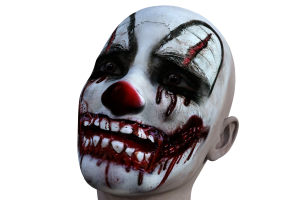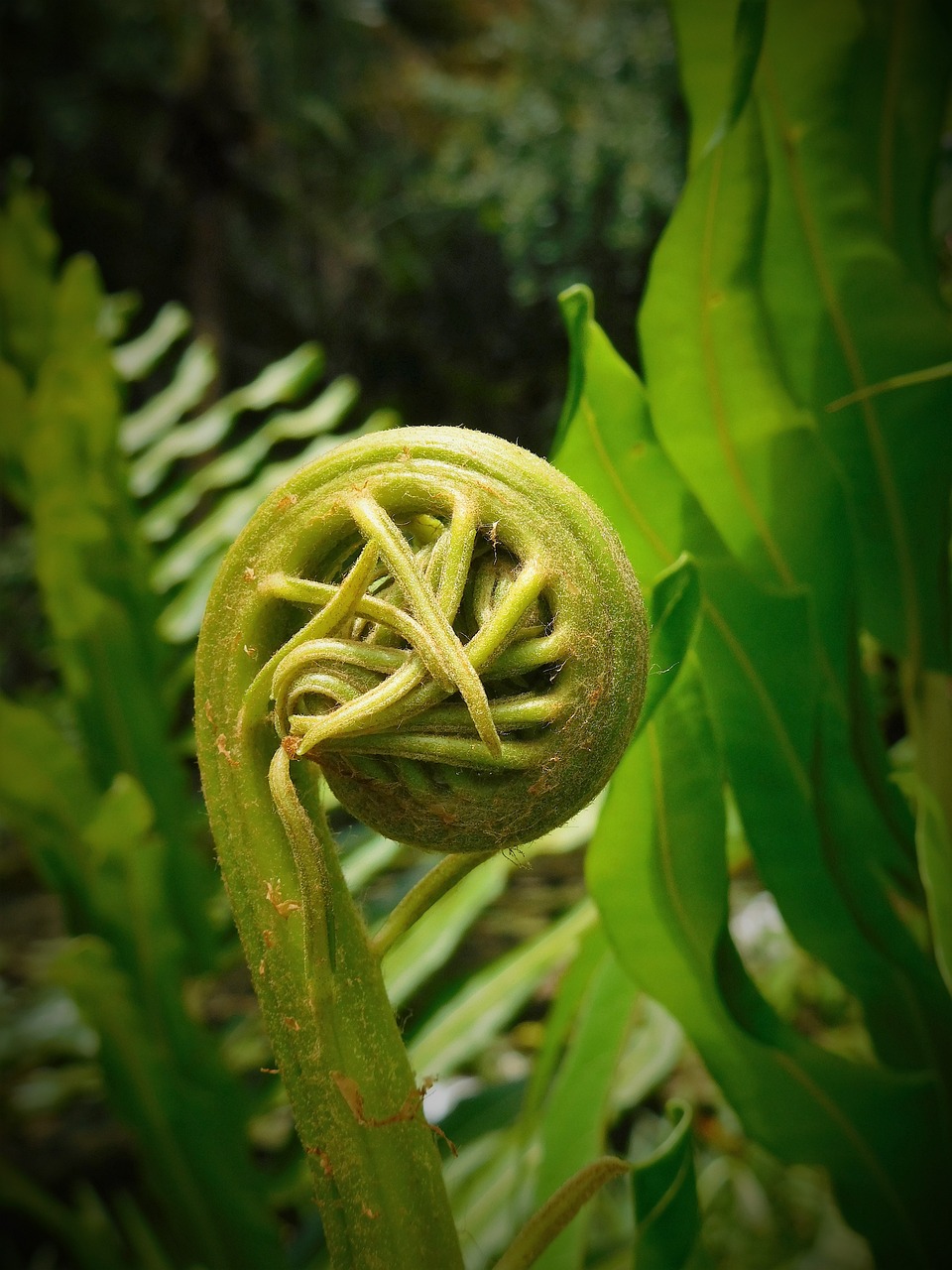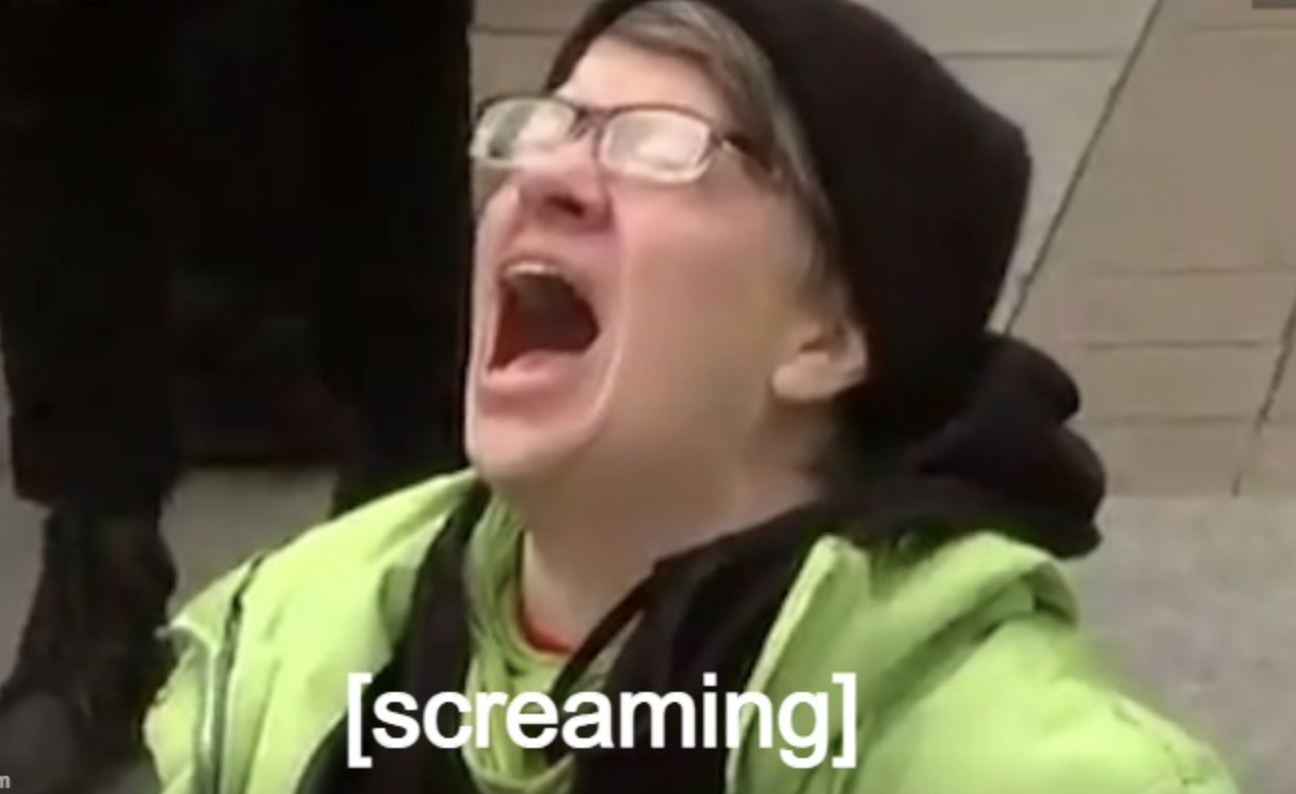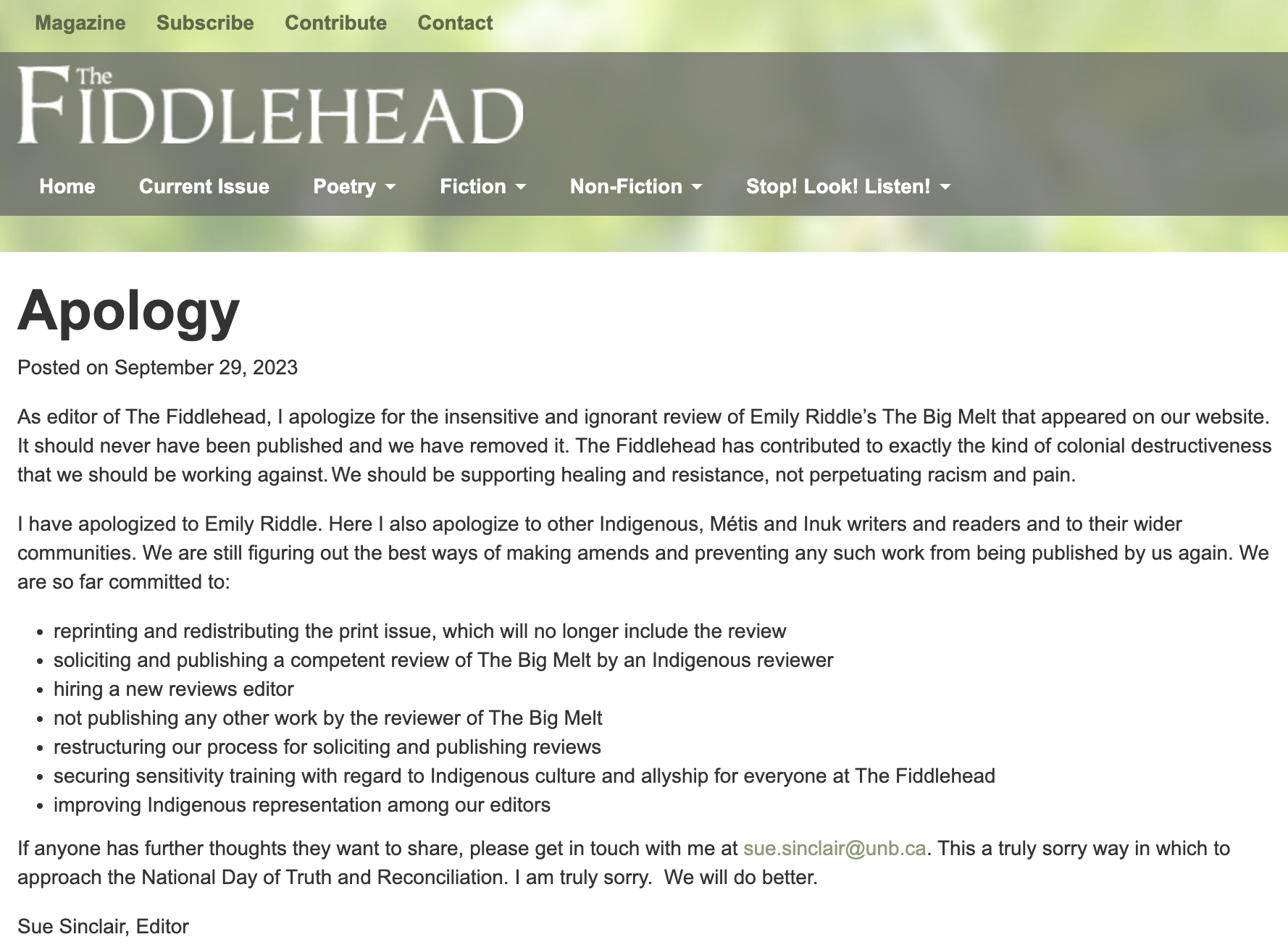 Recently I submitted an application to the National Magazine Awards at a cost of $107.35, even though that’s not the way it works. Usually the journal that originally published your work thinks you’re so great that they do the application for you, betting that your story will be selected from all those published that year. Journals have done this twice before on my behalf, but I’ve never won. The closest I ever came to a major prize was being included in the Journey Prize Anthology, from which a jury picks the winners—call it a long list. About a hundred years ago (okay, 1997) I had the somewhat diluted pleasure of being one of five horourable mentions in the Bronwen Wallace Award for Emerging Writers. In 1980 I was twelve and pretty thrilled to have my story read on CBC Radio. Besides these very well-spaced, minor victories, my stories don’t seem to be good contest candidates.
Recently I submitted an application to the National Magazine Awards at a cost of $107.35, even though that’s not the way it works. Usually the journal that originally published your work thinks you’re so great that they do the application for you, betting that your story will be selected from all those published that year. Journals have done this twice before on my behalf, but I’ve never won. The closest I ever came to a major prize was being included in the Journey Prize Anthology, from which a jury picks the winners—call it a long list. About a hundred years ago (okay, 1997) I had the somewhat diluted pleasure of being one of five horourable mentions in the Bronwen Wallace Award for Emerging Writers. In 1980 I was twelve and pretty thrilled to have my story read on CBC Radio. Besides these very well-spaced, minor victories, my stories don’t seem to be good contest candidates.
So why risk being labelled vain and delusional? It felt strange to personally submit my story, bypassing the normal process, but I had a good feeling about “Tickles the Clown”. Feedback from the editor at Grain was very positive, but beyond that I felt the story was better than most others I had written in recent years. It’s impossible to be objective when making these determinations, so it comes down to instinct.
The story had a strong mix of real world experience, an infamous setting, and dark humour. Many of the clown details were pulled directly from, or inspired by, professional clown Walter T. Rae, one of the skippers from work. The Downtown Eastside typifies the class struggle that inflicts Vancouver. I drive through the heart of it every day on my way to work and wander its alleys and side streets on my lunch break.
Walter wrote his own set of “Tickles the Clown” stories that featured a homicidal clown who used random assassinations to address everyday frustrations. His main character was based on me, so everyone should be worried? He’s seen me rage against deck crews who dangerously work overhead when we’re alongside cruise ships, so it’s not hard to guess his inspiration.
Surprise, surprise, my story did not win a National Magazine Award in the short fiction category. Are my instincts wrong? Did the story suck? It’s possible, but I’m still sticking with my instincts on this one. When we’re talking about personal taste, when there is no way to quantify the quality of a story, strange things tend to happen. My story “Breaking on the Wheel” was rejected nine times without comment before being selected for the Journey Prize Anthology. Go figure.




I find that this is one of the most exasperating things about writing (and maybe any art form) — and about the writing establishment. There is so much really poor writing, or painfully average writing, that gets published, that any writer who knows he’s written something excellent is understandably frustrated. Partly politics, partly name recognition, partly laziness, partly ineptitude on the part of some of the gatekeepers. This kind of thing doesn’t happen, for example, in basketball: I can claim all I want that I play as well as LeBron James, but 5 seconds on the court will provide beyond a doubt that I am a kook. “You know, it’s all bullshit politics that he gets to play in the NBA and I don’t” — I can say that ad nauseam, but it’s objectively false. I don’t know if it’s correct to say that all writing is subjective, that it’s just about taste, that your favourite writer can be my worst and that’s OK? Is that accurate? Is it really correct to say that Sue Grafton is as good a writer as Vladimir Nabokov? There are no such debates in basketball.
I’ve thought a lot about your comparison to sports, and there’s definitely something there. You can either run the distance in under 12 seconds or you can’t. If you’re good enough to make the team, it’s going to be fairly obvious at tryouts. We can measure your excellence with a stopwatch. In the world of art, however, I think there are a lot of LeBrons out there on the sidewalk busking for quarters, still waiting for their big break. I know there are those who assume that the best work naturally rises to the top, but I kinda doubt it. The most commercially successful writers are not necessarily the best we’ve got. A quick sampling of any airport bookstore will prove it.
Good points, fellows, and when you add the competition from our own little writing aristocracy – think Noah Richler – it makes everything just a little bit more difficult.